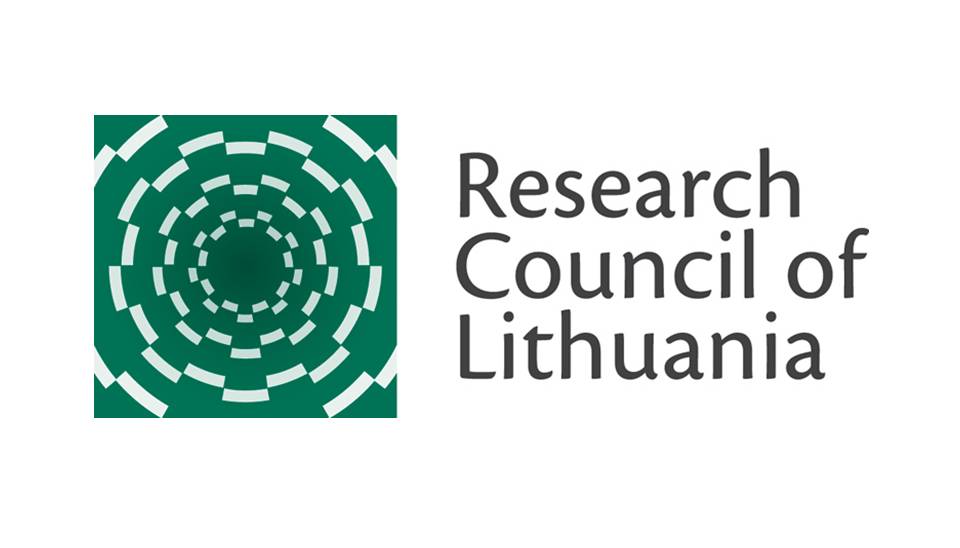Projekto aprašymas
Tyrimo probleminis klausimas susijęs su keletu vienas kitam prieštaraujančių aspektų ir vertybinių pasirinkimų dilemomis, neišvengiamai veikiančiomis kuriantį menininką: viena vertus – institucinės autonomijos steigtis (arba ištiestos rankos atstumo principas), siekia apsaugoti meninę raišką nuo politinio instrumentalizmo, kita vertus – pačios institucijos savisteigties prioritetų įtaka – hegemoniški sprendimai apie tai kas ir koks menas yra geras, finansuotinas ir reprezentuotinas, bei su šiais procesais susijusios elitinimo apraiškos ir sistemos nepralaidumo rizika. Menininkas institucijoje nėra galios pozicijoje, nes ne jis priima reprezentavimo ir finansavimos prendimus, bei ne jis formuoja kultūros politiką, tačiau būtent jis generuoja institucijos atstovaujamą produktą – šio konflikto perspektyva suteikia tyrimui unikalumo bei aktualumo.
Tyrimas siekia rasti prielaidas, padėsiančias užtikrinti kartu demokratinės visuomenės bei saviraiškos laisvės principus, išsiaiškinti , kokia meno autonomiją deklaruojančios kultūros politikos procesinė visuma veikia Lietuvoje, kaip ji apsaugo meno raišką nuo politinių interesų, bei kokias ji sudaro prielaidas demokratijos vertybių, menininko saviraiškos ir visuomenės intereso užtikrinimui.
Šio meninio tyrimo sritis – institucinės kritikos, arba institucinių praktikų kryptis (Geraldas Raunigas, Gene Ray, 2009). Tyrimo metodas dalyvavimo veiksme tyrimas (Participatory Action Research) apima veiksmą, stebėjimą ir kritinį vertinimą remiantis surinktais duomenimis, bei – pokyčius praktikoje (Koshy ir kt., 2010). Tai performatyvus hibridinis meno ir mokslo tyrimas, kurio rezultatų pristatymas turi meninę ir mokslinę reprezentaciją. Tyrimas atliekamas iš menininko perspektyvos, nagrinėjama autoetnografinė medžiaga, aktualios konkrečios atvejo analizės, mokslinė literatūra kultūros politikos ir administracinės teorijos klausimais, kultūros politikos nuostatos ir procedūros, įskaitant institucionalizuotas pareigas, komunikaciją, kontrolę Lietuvoje.
Projektas išskirtinis tuo, kad meninis tyrimas atliekamas mokslo institucijoje, Vilniaus universiteto Tarptautinių santykių ir politikos mokslų institute, sukuria unikalų meninio tyrimo kontekstą, tokiu būdu reflektuoja pačio meninio tyrimo episteminę sankirtą visų pirma dėl tyrimo metodų ir struktūros sampratų ir tuo išplečia institucinių praktikų meno krypties tyrimo lauką bei formą, o kartu – politikos mokslų ir tyrimų sritys atitinka ir papildo projekto temą. Tai nauja, išplėsti nė institucinės kritikos meno krypties elementų konsteliacija.
____
This research focuses on the issue of valuation in the artistic practice. It takes its point of departure from the cultural policy dilemma, where the establishment of institutional autonomy (or the arm's length principle) seeks to protect art from political instrumentalism on the one hand, whereas, on the other hand, there stand the issues caused by the art institution's own priorities. Art is subjected to hegemonic decisions about what art and what artists are good, valuable or worthy of funding and representation, which also implies the related risks of elitism, systemic lack of permeability and opacity. The artist is not in a position of power in the institution, because itis not s/he who makes the decisions of representation and financing, nor does s/he form the cultural policy, but it is s/he who generates the product for the institution to operate – the artwork.
This research draws its uniqueness and relevance from the developments around this conflict and the artist’s perspective is at the core of the project. Research will contribute novel data and insights as it will focus on the post-Soviet process in Lithuania that is not sufficiently explored.
The research aims to find the premises that allow the coexistence of both: the principles of democratic society and freedom of self-expression. The research also aims to find out what kind of processual whole is operative in Lithuania, where cultural policy openly declares artistic autonomy, how it protects artistic expression from the political interests of the ruling majority, and how it ensures the democratic values, the freedom of artistic self-expression and the right for representation, and public interest.
Research field: institutional critique or, otherwise, institutional practice (Raunig & Ray, 2009). Research method: Participatory Action Research (PAR), which involves not only action, observation and critical assessment of the collected data, but also seeks a change in practice (Koshy et al. 2010). This performative research is a hybrid of artistic and scientific approaches, and its results will be both artistic and scientific respectively. The research will be carried out from the artist’s perspective and will involve the analysis of the autoethnographic material, the relevant case studies and the scholarship on the questions of cultural policy and administrative theory as well as the regulations and procedures of cultural policy, including the institutional positions, communication and control in Lithuania.
The uniqueness of the research project lies in the fact that this artistic research will be carried out in an institution of scientific research: the Institute of International Relations and Political Science, Vilnius University (IIRPS VU), which will provide an invaluable context for reflections on the epistemic clash within the artistic research itself, primarily because of the kind, method, structure and representation of research. The project will widen the field of institutional practices within the artistic research since it offers an expanded and innovative constellation of elements to institutional critique, and also adds an interdisciplinary perspective to the existing sociopolitical debates on culture politics.








